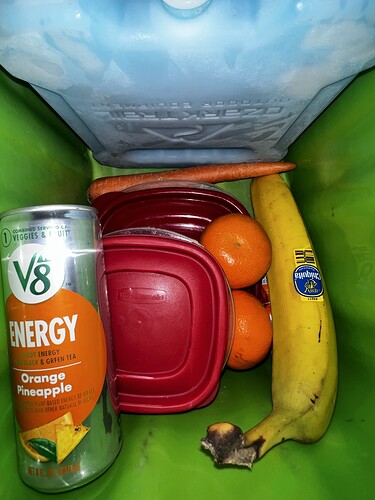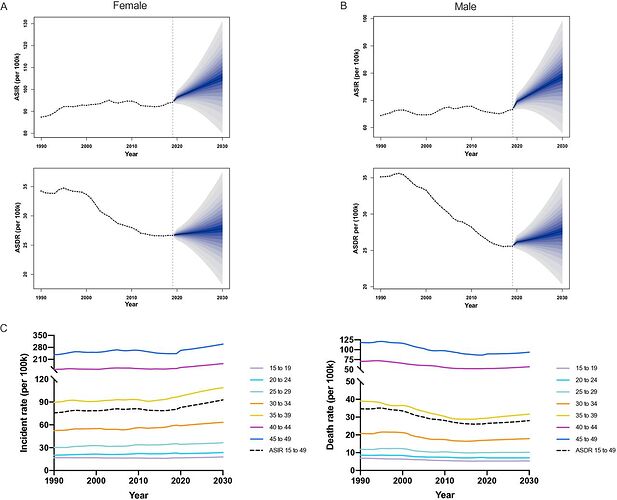Yep. I got that.
That’s irrelevant, though, without me being able to examine the research they say the article is about. News, “news”, blogs, Sheila R’s-favorite-online-misinformation-spewing-“doctor”-who-confirms-all-her-biases-by-misrepresenting-articles-he-didn’t-even-read, etc. can say whatever they want about an article. Sometimes they do. Before I bother to read the article, I want to make sure the reporting accurately reflects what is in the research, how it was done, and what the results are.
But that isn’t close to being enough. I am a librarian, not a scientist or doctor. So I have to use the tools I have, starting with information literacy tools.
Looking at the study itself, I want to know when it was published who published it and what this publisher’s reputation is. Who the authors are and their affiliations. Where they did the study and the institutional affiliations.
Then I look at how big the sample was and how it was selected, and the nuts and bolts kind of things that go into the research. Where was it done? A real medical research facility? An unlicenced home “clinic?” Etc, etc.
I want to know what response the study has received in its field, and if it’s super recent, then I have to consider that perhaps no one has had a chance to respond or test the test,
Finally, if it’s important to me, I might ask a friend who is a doctor.
So, when someone takes 15 seconds to glance at a newspaper article and “share” it with me and inclues “What fo you think of this?” my internal reply is “This is going to be a lot of work. I wish you had done your own homework.”
Al Jazeera didn’t even give the name or author of the study and I took 3 minutes yesterday on the journal’s website and didn’t find anything that looked right. When reporting is that shoddy, all my misinformation-feelers go wild.

